Refine listing
Actions for selected content:
1293788 results in Books
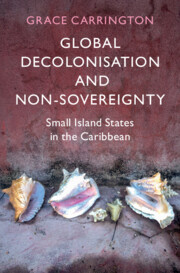
Global Decolonisation and Non-Sovereignty
- Small Island States in the Caribbean
-
- Published online:
- 16 September 2025
- Print publication:
- 31 July 2025

The Shanghai Cooperation Organization and China's Vision of International Relations
-
- Published by:
- Bristol University Press
- Published online:
- 16 September 2025
- Print publication:
- 26 May 2025

Nationality and Statelessness in Europe
- European Law on Preventing and Solving Statelessness
-
- Published by:
- Intersentia
- Published online:
- 16 September 2025
- Print publication:
- 20 June 2022
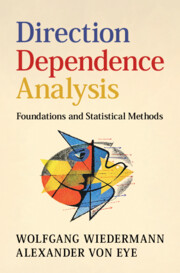
Direction Dependence Analysis
- Foundations and Statistical Methods
-
- Published online:
- 16 September 2025
- Print publication:
- 14 August 2025

Timelines for Modernity
- Rethinking Periodization for Global International Relations
-
- Published by:
- Bristol University Press
- Published online:
- 16 September 2025
- Print publication:
- 15 April 2025

Cross-Border Child Relocation in the EU
- The Dynamics of Europeanisation
-
- Published by:
- Intersentia
- Published online:
- 16 September 2025
- Print publication:
- 21 May 2024

The Hidden World of the Legal Aid Lawyer
- Upholding the Heart of Justice
-
- Published by:
- Bristol University Press
- Published online:
- 16 September 2025
- Print publication:
- 16 May 2025
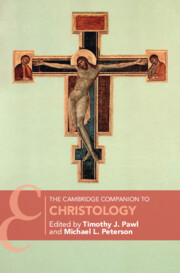
The Cambridge Companion to Christology
-
- Published online:
- 15 September 2025
- Print publication:
- 02 October 2025
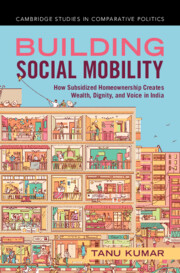
Building Social Mobility
- How Subsidized Homeownership Creates Wealth, Dignity, and Voice in India
-
- Published online:
- 15 September 2025
- Print publication:
- 02 October 2025
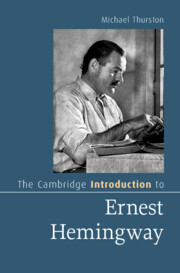
The Cambridge Introduction to Ernest Hemingway
-
- Published online:
- 15 September 2025
- Print publication:
- 02 October 2025

Leadership in the Ancient World
- Concepts, Models, Theories
-
- Published online:
- 14 September 2025
- Print publication:
- 16 October 2025

Cognition and the Arts
- From Naturalized Aesthetics to the Cognitive Humanities
-
- Published online:
- 14 September 2025
- Print publication:
- 23 October 2025

Trouble with Death
- Making Sense of Mortality in the Anthropocene
-
- Published by:
- Bristol University Press
- Published online:
- 13 September 2025
- Print publication:
- 25 April 2025

Transport Truths
- Planning Methods and Ethics for Global Futures
-
- Published by:
- Bristol University Press
- Published online:
- 13 September 2025
- Print publication:
- 20 May 2025

Library Catalogues as Data
- Research, Practice and Usage
-
- Published by:
- Facet
- Published online:
- 13 September 2025
- Print publication:
- 26 June 2025
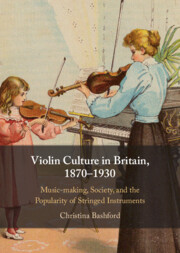
Violin Culture in Britain, 1870–1930
- Music-making, Society, and the Popularity of Stringed Instruments
-
- Published online:
- 13 September 2025
- Print publication:
- 18 September 2025

Work and Industrial Relations Policy in Australia
-
- Published by:
- Bristol University Press
- Published online:
- 13 September 2025
- Print publication:
- 23 May 2025

University Audit Cultures and Feminist Praxis
- An Institutional Ethnography
-
- Published by:
- Bristol University Press
- Published online:
- 13 September 2025
- Print publication:
- 23 April 2025

Universal Health Coverage
- Foundations and Horizons
-
- Published by:
- Bristol University Press
- Published online:
- 13 September 2025
- Print publication:
- 24 April 2025

The Nightwatchman
- Representing Black Men in Colonial South Africa
-
- Published by:
- Wits University Press
- Published online:
- 13 September 2025
- Print publication:
- 01 August 2025
